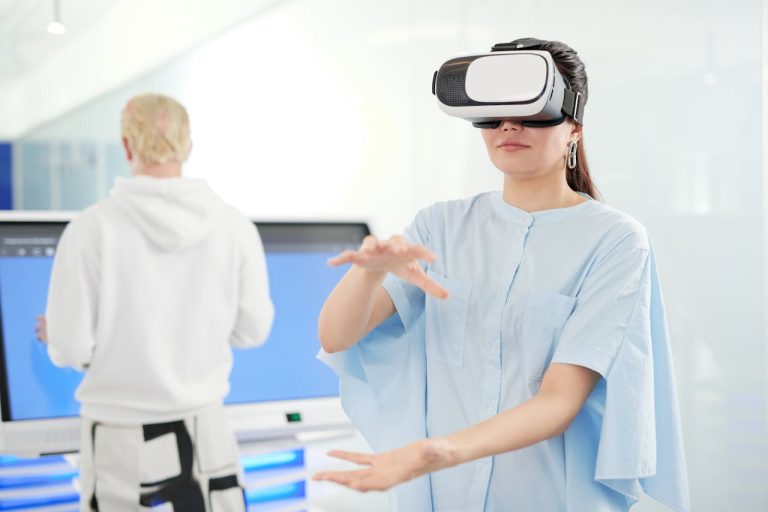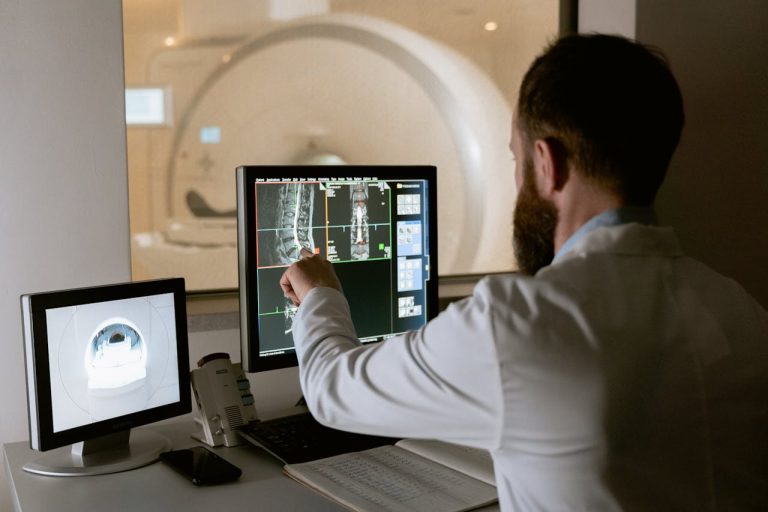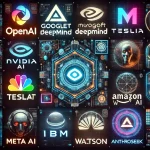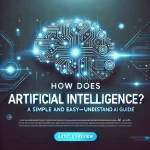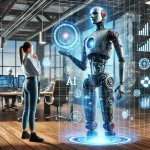Will AI replace human jobs? As artificial intelligence (AI) advances rapidly, many people worry about job displacement. AI automation is transforming industries, making some roles obsolete while creating new opportunities. In this article, we explore which jobs are most at risk, which industries will benefit, and how workers can prepare for an AI-driven future.
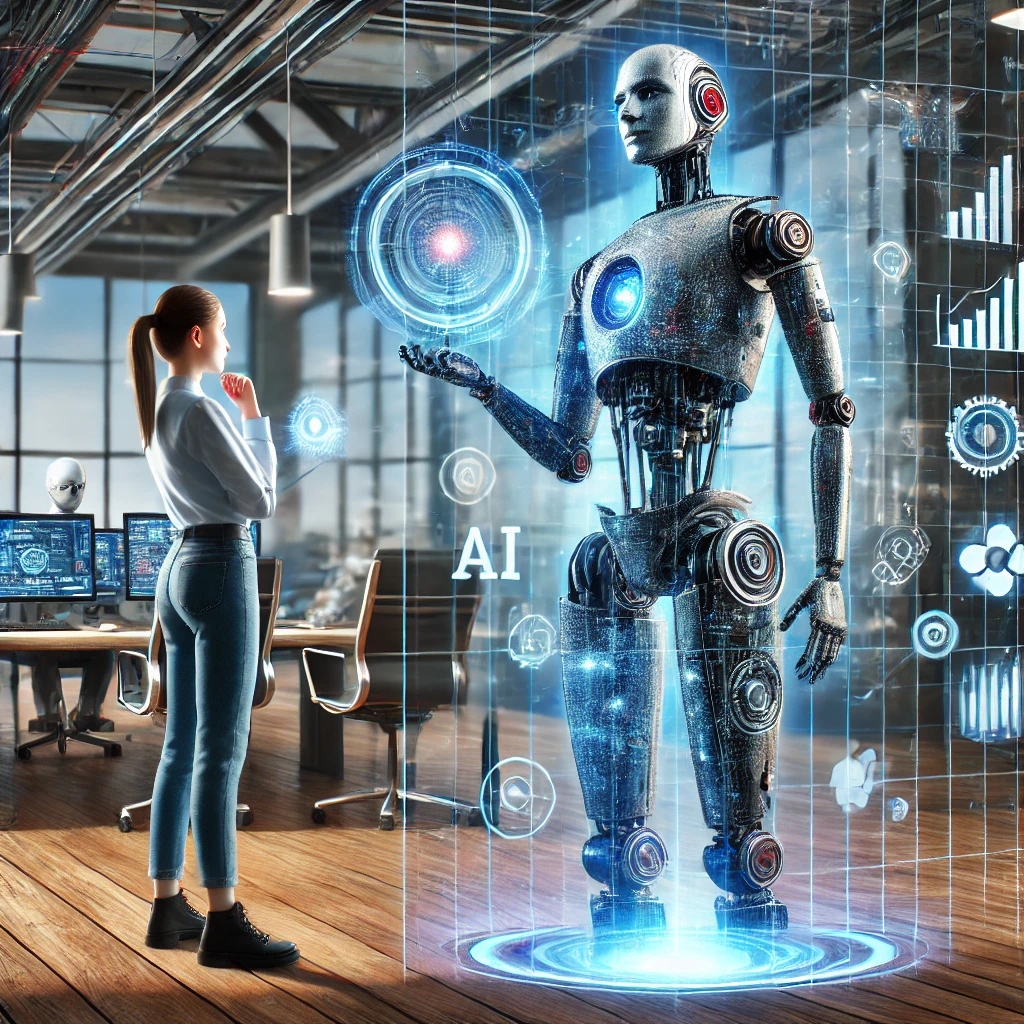
Q1: What jobs are most at risk due to AI automation?
AI excels at automating repetitive, rule-based tasks, making certain jobs highly vulnerable. According to a report by McKinsey & Company, by 2030, AI and automation could displace up to 30% of global work hours, especially affecting roles in manufacturing, data entry, and retail.
- Manufacturing and factory workers – Robots and AI-driven machines are replacing human labor in assembly lines.
- Data entry clerks – AI can process and analyze data much faster than humans.
- Retail cashiers – Self-checkout systems and AI-powered stores (like Amazon Go) reduce the need for human cashiers.
- Customer service representatives – Chatbots and AI assistants are handling more customer inquiries.
- Truck and delivery drivers – Self-driving technology is progressing, potentially replacing many transportation jobs.
However, while these jobs are at risk, AI is also creating new opportunities.
Q2: Which industries will benefit the most from AI advancements?
Several industries are already seeing significant improvements thanks to AI:
- Healthcare – AI helps diagnose diseases, develop personalized treatments, and even perform robotic surgeries.
- Finance – AI automates fraud detection, risk assessment, and algorithmic trading.
- Marketing – AI-driven tools enhance customer targeting, content creation, and data analysis.
- Education – AI-powered platforms personalize learning experiences for students.
- Software Development – AI assists in coding, debugging, and automating software testing.
Rather than eliminating jobs, AI often enhances productivity, allowing humans to focus on more complex tasks.
Q3: How can workers adapt to AI-driven changes in the job market?
To stay relevant in an AI-powered world, workers should:
- Develop technical skills – Learning AI-related skills like programming, data analysis, and machine learning can open new career opportunities.
- Improve soft skills – AI struggles with creativity, emotional intelligence, and critical thinking, making these human skills more valuable.
- Embrace lifelong learning – Continuous education through online courses, certifications, and workshops will help workers stay competitive.
- Focus on hybrid roles – Jobs that combine human creativity with AI-driven efficiency (e.g., AI-assisted marketing, AI-enhanced healthcare) will be in demand.
Q4: Will AI create more jobs than it eliminates?
While AI will replace some jobs, it is also expected to create new opportunities. The World Economic Forum predicts that AI will generate 97 million new jobs by 2025, particularly in fields like AI development, data science, and cybersecurity.
- AI development requires more data scientists, AI engineers, and cybersecurity experts.
- AI-driven automation allows businesses to expand, creating new management and customer service roles.
- AI advancements in robotics lead to jobs in robot maintenance and AI ethics.
According to studies, AI is likely to change jobs rather than completely eliminate them, shifting human labor toward more meaningful and creative work.
Q5: What skills will be most valuable in an AI-dominated future?
As AI reshapes industries, the most valuable skills will include:
- AI & Data Literacy – Understanding how AI works and how to use data effectively.
- Complex Problem-Solving – AI can assist, but humans will need to make high-level decisions.
- Emotional Intelligence – Empathy and human interaction remain irreplaceable.
- Creativity & Innovation – AI can generate ideas, but humans drive original thinking.
- Adaptability – Being open to new technologies and continuous learning.
Conclusion
AI will undoubtedly change the job market, but it won’t replace human workers entirely. Instead, it will transform how we work, making some jobs obsolete while creating new opportunities. The key to thriving in an AI-driven world is adaptation—learning new skills, staying flexible, and embracing AI as a tool rather than a threat.

